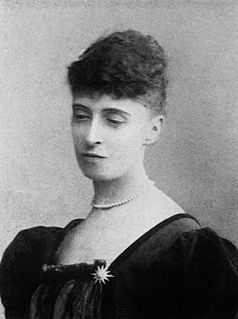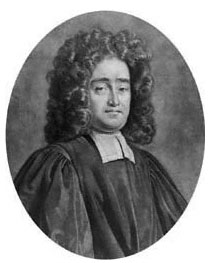A Quote by John Keats
Poetry should surprise by a fine excess and not by singularity, it should strike the reader as a wording of his own highest thoughts, and appear almost a remembrance.
Related Quotes
Your opening should give the reader a person to focus on. In a short story, this person should turn up almost immediately; he should be integral to the story's main action; he should be an individual, not just a type. In a novel, the main character may take longer to appear: Anna Karenina doesn't show up in her own novel until chapter eighteen.
If I had my life over again I should form the habit of nightly composing myself to thoughts of death. I would practise, as it were, the remembrance of death. There is no other practice which so intensifies life. Death, when it approaches, ought not to take one by surprise. It should be part of the full expectancy of life. Without an ever-present sense of death life is insipid.
In truth a clear-headed physicalist shouldn't be thinking any of these dualist thoughts. If pains are one and the same as C-fibres firing, then there really isn't any possibility of having 'one' without the 'other'. Once you properly appreciates physicalism, this dissociation should cease to appear possible - C-fibres with pains should strike you as no more possible than squares without rectangles.
The book is finished by the reader. A good novel should invite the reader in and let the reader participate in the creative experience and bring their own life experiences to it, interpret with their own individual life experiences. Every reader gets something different from a book and every reader, in a sense, completes it in a different way.
I think theoretically if a man is young and healthy society should not give him a basic income. He should not be given dole. He should not be eligible for welfare. If he can work and if there is work available, he should take his choice. If he wants to be a hermit or beggar, that's fine. If he wants to move with the sun and live off the land, that's fine. If he is in a society which has work for him I don't think he should theoretically be eligible for welfare.
It was a wise and useful provision of the ancients to transmit their thoughts to posterity by recording them in treatises, so that they should not be lost, but, being developed in succeeding generations through publications in books, should gradually attain in later times, to the highest refinement of learning.






































